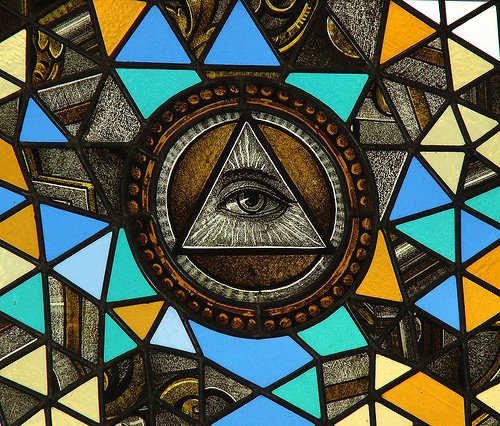I have three daughters, and one of my least favourite things about this is a recurring argument which goes (at least in form) thusly:
Me: "[Daughter] - stop using that crayon to draw on the wallpaper!"
[Daughter]: "It's a felt pen, dad!"
or
Me: "[Daughter] - stop poking your sister with that fork!"
[Daughter]: "It's a knife!"
or
Me: "[Daughter], have you been sneaking non-uniform shorts to school?"
[Daughter]: "They're track pants! Ugh!"
It's pretty clear why those responses make no sense, and what conversational purpose they serve. My kids don't have good reasons for the stupid things they're doing, and want to deflect attention onto arguing about pointless minutiae. Fortunately, none of them is sufficiently good at this for it to be anything more than irritating - and after all, these are arguments from a trio whose ages range from 3 to 11.
It's a bit weird when you see people attempting this same (and similarly pointless) goalpost shift as grownups, though.
The first and most egregious example came from a group I'm a member of on G+. The group is called "Suppressed Transmissions" and specialises in weird news, art, and images that suggest hidden Dark Secrets behind ordinary reality. It's supposed to be a setting-mine for weirdness-in-real-life roleplaying games and fiction.
I shared
a feature on an issue of Look magazine from 1972, because it had
Anton LaVey on the cover and the concept of a reasonably mainstream magazine doing a feature on the Church of Satan amused me. The comment thread got hijacked by someone with strong antisemitic views, who viewed LaVey as part of some grand Jewish plot too complex and stupid to go into right now. The person got banned fairly promptly, but not before responding to being called on his antisemitism like this (sic):
"Semite means middle eastern people. Just cause some kazhars converted to judisim doesnt mean they are all middle eastern, does it? Or is it a race Not sure which jewish lie you are gonna use to back the "anti semite" claim"
There's this weird kernel-idea embedded in there that somehow by redefining the terms on us, he can prove that by some anthropological-dictionary magic he's not an anti
semite (he's anti-
Jew, there's a difference, Dad. Ugh!) and that that will make his hatred of Jewish people somehow OK. Or possibly he's a not-especially-clever troll who maintains that particular profile just for Jew-hatin'.
The more subtle (and thus more troubling) example I've been seeing lately revolves around
Ahmed Mohamed. Just quick, if you've been under a rock and missed the whole thing, here's the teal deer version: Ahmed is a 14 year old Muslim boy of Sudanese parents, who lives in Texas. He took a home-built* clock to school. There was an unarguably racist** and utterly disproportionate reaction which led to Ahmed being treated as a suspected terrorist, and led to the school authorities and the police in the state of Texas looking pretty bloody stupid.
The official response to this has all been pretty good (Ahmed
got an invitation to the White House among other things) and my personal internet filter bubble means I haven't seen any overtly-racist nonsense. What I
have seen, is a lot of people (Richard Dawkins' view is
here, and links to more of the same) questioning a) whether Ahmed really built his clock or just de-shelled a commercial alarm clock, and b) what his motives were for doing so.
This is transparently the same debating tactic that my 3 year old uses. To answer the second part of the question first, there's nothing suspect about Ahmed's stated aim, which was to impress one of his teachers - and that motivation still makes sense if we assume he
didn't build the clock himself from scratch. The first part is the kicker though - because the hidden assumption there is that somehow Ahmed's fear, suffering, and humiliation would be OK if we can just prove that he's not really gifted with electronics. Because the outpouring of support for him wasn't because he built a clock - that's very clear - it's because he was detained and harassed on the basis of his name and the colour of his skin.
I'm pretty clear on what my three year old wants when she tries to distinguish moral shades in drawing on walls with pens versus with crayons - she wants to avoid a discussion about drawing on walls. What is it that the "Clock Is A FRAUD!" people want, do you suppose?
*Or home-assembled, or maybe not - we'll get to that in a second.
** You can say "Islam is not a race" until the cows come home, but most people when they think "Muslim" don't think of someone who looks like this guy, or even (if they're honest) this guy.



